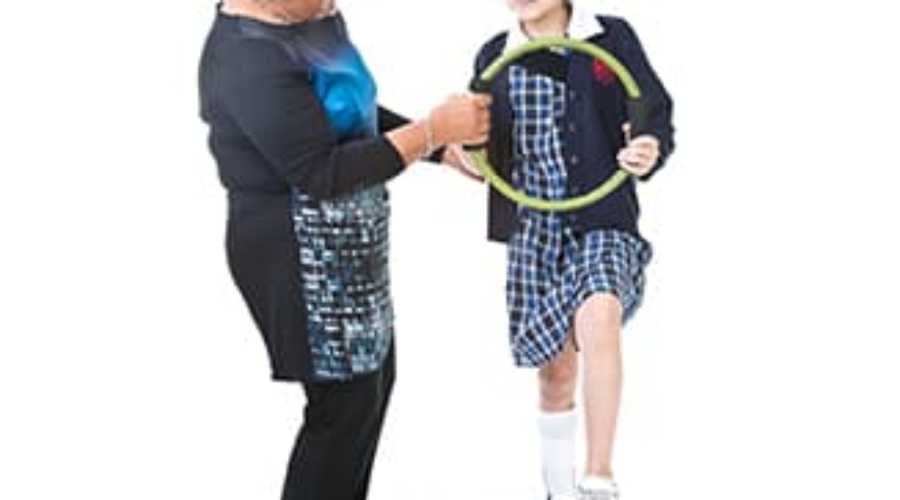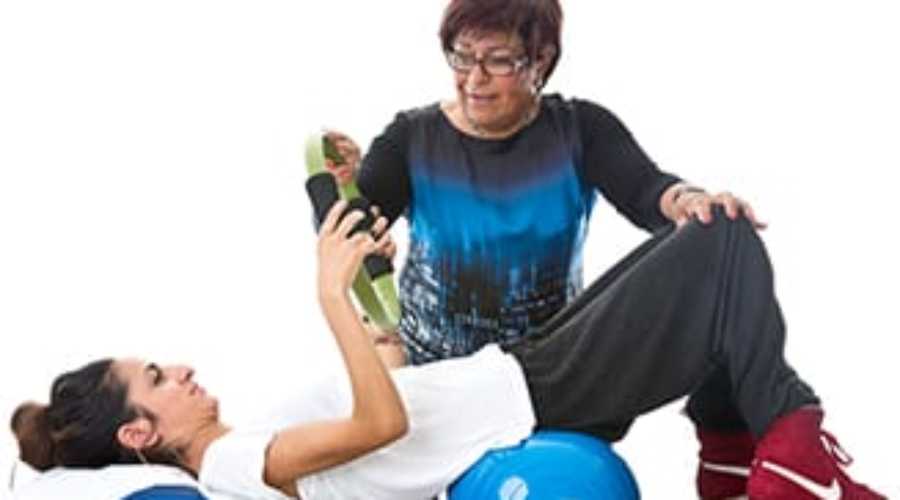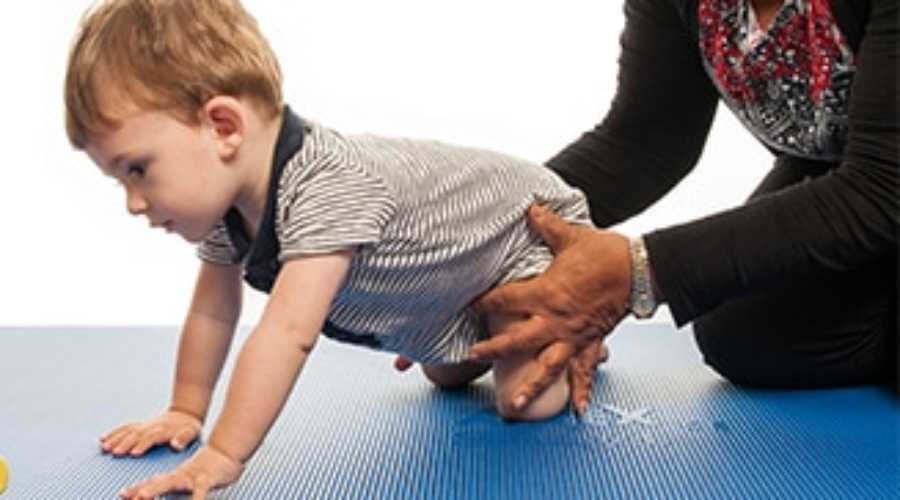TM In Children
Due to my connections with the TM society, I have, with some success, treated a number of TM diagnosed children and I would make the following observations for you to consider: the rare incidence of TM often leads to mistaken – or late – diagnosis, especially in children, who are less able to describe their condition in terms that an adult understands as a result of this, many children are, initially, given therapy suitable for spinal injuries in response to apparent lower limb difficulty. TM is, however, an illness which attacks the central nervous system, with both brain and spinal […]



